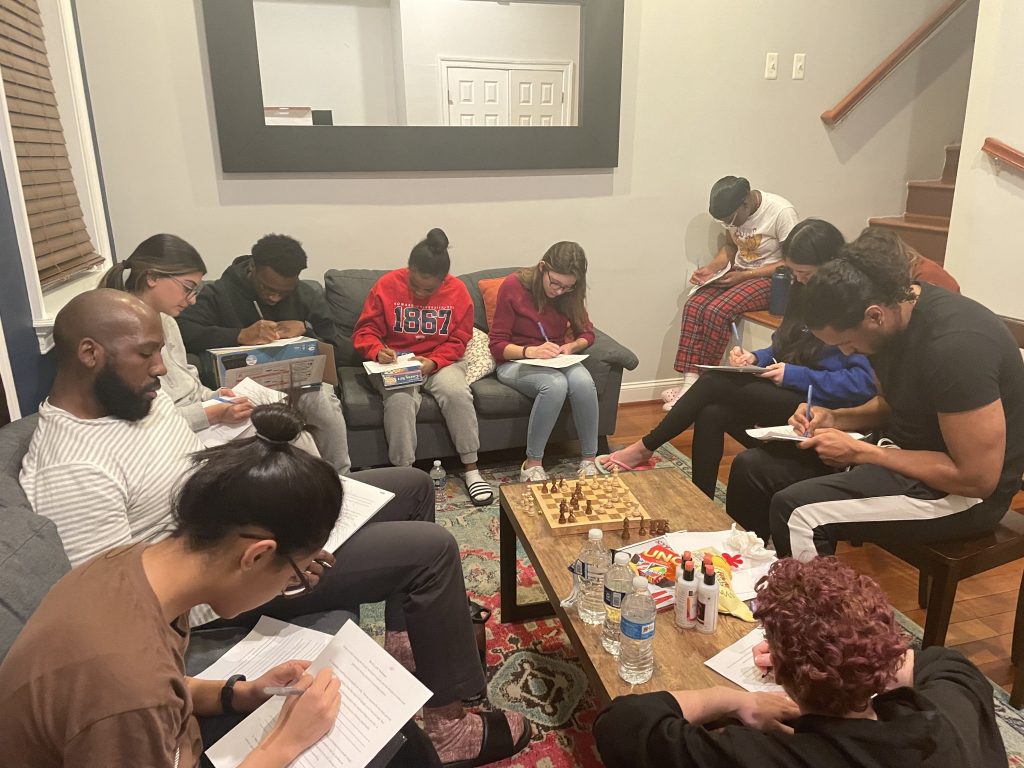On our penultimate night of this immersive experience, a fellow student, Salina Musyaju, introduced us to a reflective exercise titled “Lollipop moment”. Within the context of this exercise, we discussed a moment from our week that has brought us happiness or changed our lives. When pondering this prompt, I fixated on the encounters from our first few days at Pleasant Hope Baptist Church. In remembrance of a sentiment shared by Dr.Brown along the lines of critiquing what is to create what should be, I shared my connection to other experiences from our trip. Such sentiment drove my innovative spirit to further analyze the needs of various organizations we have partnered with to create affinities and projects that will serve a communal purpose of encouraging the competence of food insecurity for residents and spectators.

As a result of this reflective exercise, I challenged myself to ponder further lollipop moments from this experience. I quickly considered many other sentiments shared by leaders in food distribution. From serving food at Our Daily Bread to preparing meals for peers, I have gained a greater sense of the importance of one donation of food. We have been asked countlessly to donate nonperishable goods to food drives in exchange for an incentive, but for many, there is usually not much purpose to donating those canned goods besides the reward. Throughout this trip, we have been told many times to put ourselves in the shoes of those who could possibly receive the food we donate. Many times, the donated goods are either on the verge of expiration or they are simply something we would not eat. So, we decided to donate it. And while it may seem that the individual receiving the goods should be grateful all of the time, we hold an unreasonable expectation for the receiver of those goods. If we would not eat a can of whole baby clams that expires in the next week, why do we expect someone else to eat it?
By asking questions to food drive organizers in pertinence to the delivery of the food, we can be more intentional with the food that we distribute, prepare, and donate to gain better competence of the impact beyond our contribution.